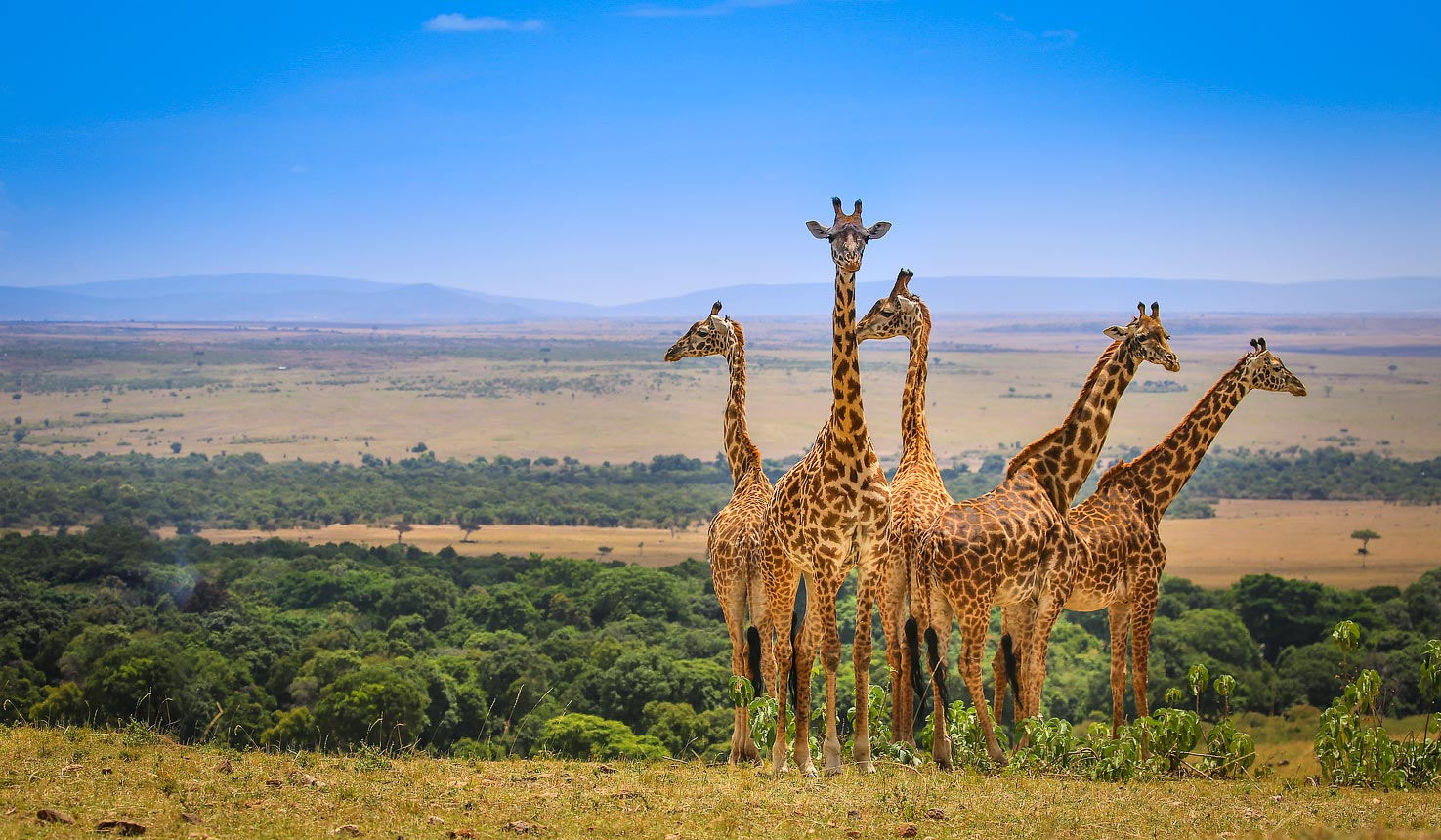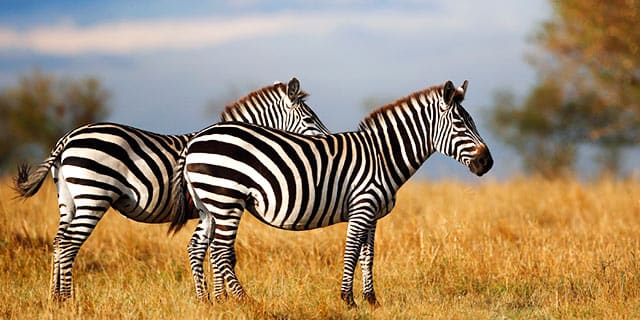Traveling solo to Kenya on a wildlife safari is an exhilarating experience filled with awe-inspiring encounters with Africa’s magnificent wildlife. As you venture into the vast savannahs and lush national parks, you’ll witness the raw beauty of nature unfold before your eyes. The thrill of spotting majestic lions, graceful giraffes, and elusive leopards in their natural habitat is unparalleled.
Kenya’s diverse ecosystems offer an array of landscapes, from the iconic Maasai Mara with its epic wildebeest migrations to the striking backdrop of Mount Kilimanjaro in Amboseli National Park. Along the way, you’ll also have opportunities to immerse yourself in the rich culture of Kenya, interact with local communities, and savor delicious traditional cuisine. While embarking on this solo adventure, you’ll not only create lasting memories but also gain a sense of empowerment and self-discovery amidst the incredible wildlife and breathtaking scenery of Kenya.
Traveling solo to Kenya for a wildlife safari can be an incredible adventure. To ensure a safe and enjoyable experience, here are some guidelines to follow:

-
Research and Plan:
– Learn about the different wildlife reserves, national parks, and conservancies in Kenya, such as Maasai Mara, Amboseli, Tsavo, and Lake Nakuru.
– Understand the best time to visit based on the wildlife migrations and weather conditions.
– Research reputable safari operators or tour companies that offer solo-friendly packages and have good reviews.
-
Obtain the Necessary Documentation:
– Check the visa requirements for your nationality and obtain the appropriate visa before your trip.
– Ensure your passport is valid for at least six months beyond your intended departure date.
– Make copies of your passport, visa, and other important documents. Store electronic copies online as well.
-
Health and Safety Precautions:
– Consult with a travel doctor or visit a travel clinic to get necessary vaccinations and medications for Kenya.
– Obtain travel insurance that covers medical emergencies and evacuation.
– Take precautions against malaria by using mosquito repellent, wearing long sleeves and pants, and sleeping under a mosquito net.
– Carry a basic first aid kit with essential supplies.
-
Transportation and Accommodation:
– Choose reliable transportation options, such as reputable car rental companies or pre-booked transfers with trusted drivers.
– Select accommodations that prioritize safety and security, especially if you’re traveling alone.
– Inform your accommodation and loved ones about your travel plans and expected return times.
-
Wildlife Viewing and Safari Etiquette:
– Follow the guidance of your safari guide or park rangers at all times.
– Keep a safe distance from animals and never attempt to touch or feed them.
– Avoid excessive noise and sudden movements that may startle or disturb the wildlife.
– Do not litter and respect the natural environment.

-
Personal Safety:
– Stay aware of your surroundings and be cautious of your belongings.
– Avoid displaying valuable items openly and keep your passport, money, and other important documents secure.
– Use lockable luggage and consider carrying a money belt or hidden pouch.
– Inform someone trustworthy about your daily plans and expected return times.
-
Cultural Sensitivity:
– Respect the local customs, traditions, and cultural practices of the Kenyan people.
– Dress modestly and appropriately, especially when visiting local communities or religious sites.
– Ask for permission before taking photographs of people, particularly members of indigenous tribes.
– Engage with the local community respectfully and learn about their way of life.
-
Emergency Preparedness:
– Save important contact numbers, including your embassy or consulate, emergency services, and your accommodation’s contact information.
– Familiarize yourself with the emergency procedures of the wildlife reserve or national park you are visiting.
– Carry a mobile phone with a local SIM card and ensure it is fully charged.
Remember, traveling solo can be rewarding but always prioritize your safety and well-being. By following these guidelines, you’ll have a memorable wildlife safari experience in Kenya.
Check out our popular Kenya safaris:







